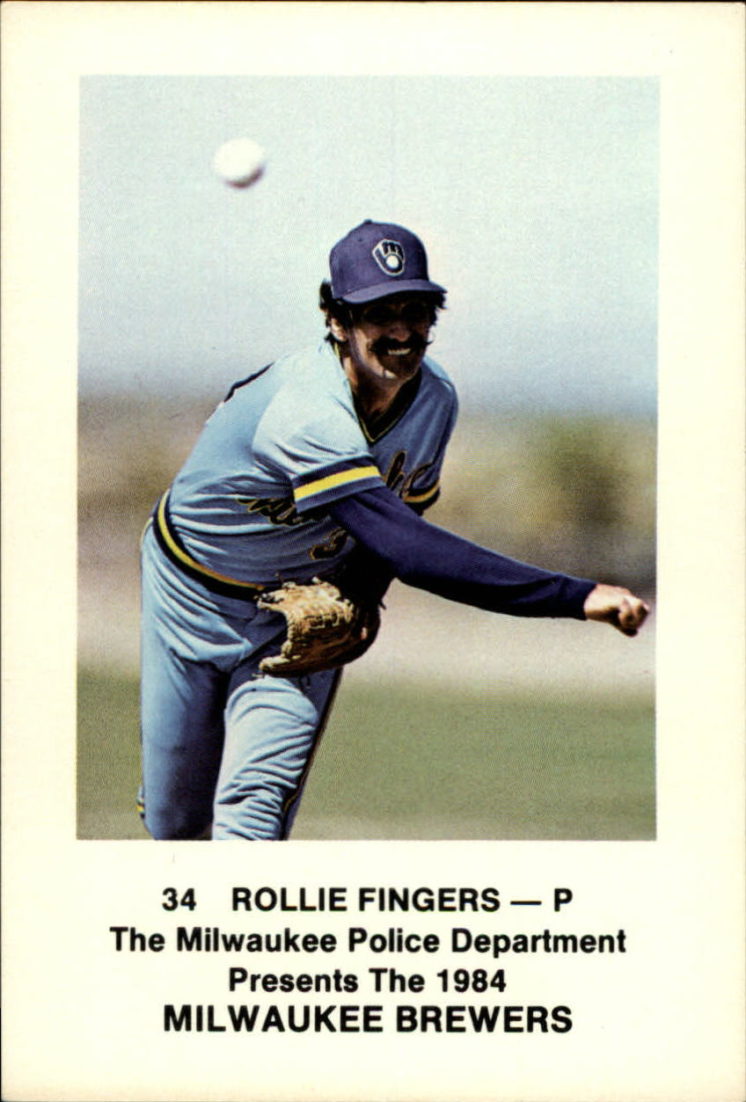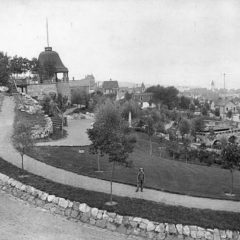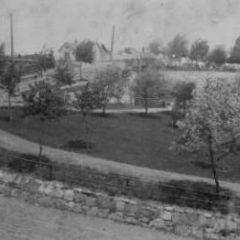 This is going to begin in Milwaukee, pass through St. Paul, and end in Duluth.
This is going to begin in Milwaukee, pass through St. Paul, and end in Duluth.
When I was a kid, the Milwaukee Police Department gave away baseball cards. The cards were printed for the police with the Milwaukee Brewers as the celebrities. Each officer carried two, and you had to talk to more than one officer over the summer to collect a full set. It was a great strategy for bringing families and police together. My favorite Brewer was Rollie Fingers, because he had a handlebar moustache. I didn’t know anything, any damn thing at all, about baseball.

The baseball cards were part of a “community-oriented policing” initiative. I was a kid; I barely understood what that meant, but I understood the problem it was meant to address.
In 1981, when I was nine, Ernest Lacy was arrested on suspicion of rape in Milwaukee. According to an account in The New York Times, Lacy was taken into a police van, where “two of the officers then held his legs down by placing their feet on his legs, and a third officer placed his knee between Mr. Lacy’s shoulder blades, forcing him to lie face down with his left cheek pinned to the ground. … Then, one of the policemen pulled Mr. Lacy’s arms up beyond his shoulder blades and over his ears [with] one violent, convulsive seizure and then the black man was absolutely still. … [T]he extension of Mr. Lacy’s arms toward his head interfered with the flow of oxygen to his lungs. … [T]his was fatal.” Lacy was taken alive into a police van and was removed dead, a victim of police brutality.
(Another man was convicted of the rape, if that matters to anyone reading this. It shouldn’t for Ernest Lacy any more than it did for Clayton, Jackson and McGhie.)






























